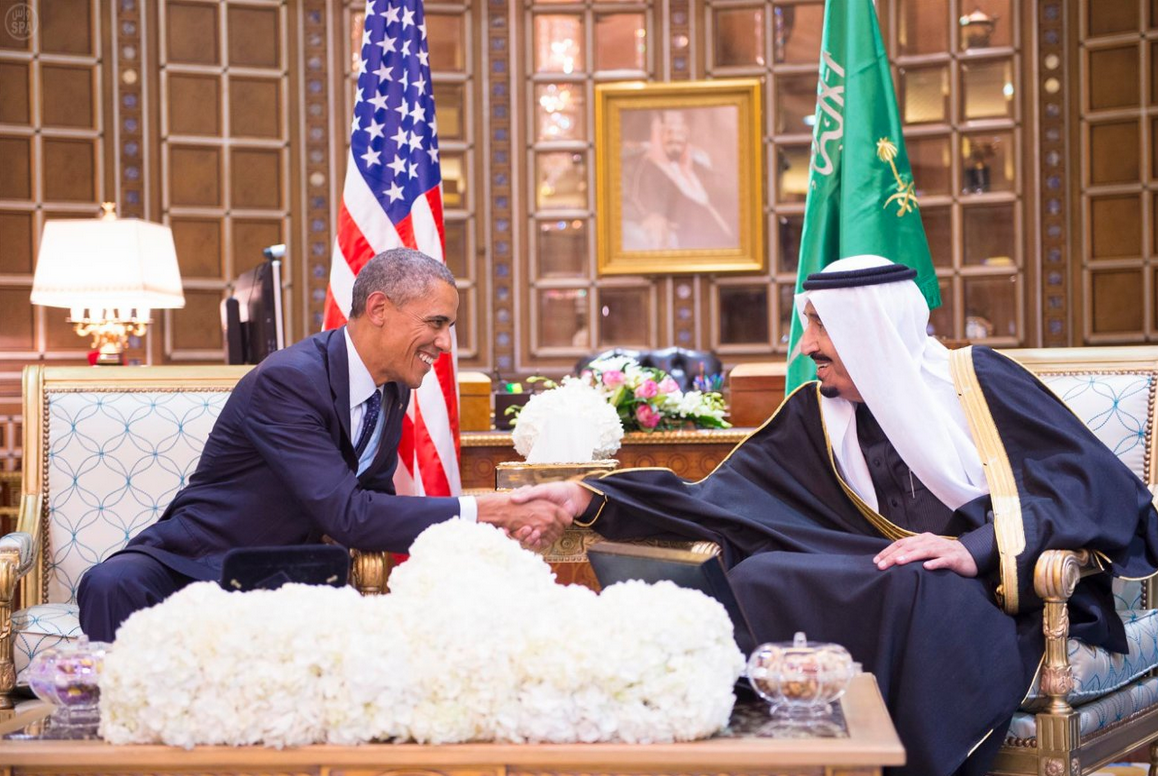U.S. President Barack Obama will visit Saudi Arabia in April, his third time visiting Saudi Arabia while president. In September 2015, Saudi Arabia’s King Salman visited the United States with his son and Deputy Crown Prince and Minister of Defense Mohammed bin Salman. And, last spring, Obama invited the Saudis and other Persian Gulf Arab nations to Camp David. Crown Prince Mohammed bin Naif and Deputy Crown Prince Mohammed bin Salman were in attendance for that summit.
America’s relationship with Saudi Arabia during the Obama Administration over the last seven years has been challenged by a war-weary American public and a President who is cautious about the use of military force and resistant to what he has termed the ‘Washington playbook.’
Saudi Arabia was deeply disappointed with President Obama following his decision to not hold to his “red line” statement regarding Syria after it became evident that Bashar Assad had used chemical weapons on his own people.
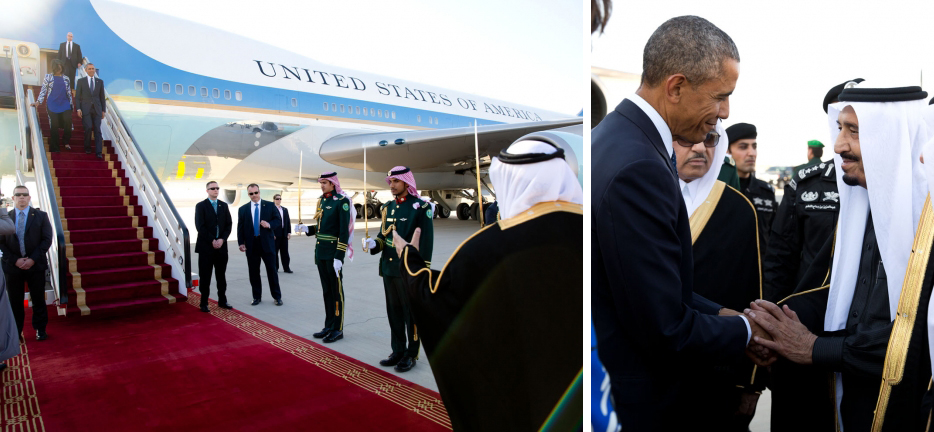
But as U.S. military leaders began preparation for a strike, President Obama became uneasy about it, according to an in-depth interview with President Obama by Jeffery Goldberg of the Atlantic.
“In the days after the gassing of Ghouta, Obama would later tell me, he found himself recoiling from the idea of an attack unsanctioned by international law or by Congress. The American people seemed unenthusiastic about a Syria intervention; so too did one of the few foreign leaders Obama respects, Angela Merkel, the German chancellor,” Jeffery Goldberg of the Atlantic wrote.
“Obama was also unsettled by a surprise visit early in the week from James Clapper, his director of national intelligence, who interrupted the President’s Daily Brief, the threat report Obama receives each morning from Clapper’s analysts, to make clear that the intelligence on Syria’s use of sarin gas, while robust, was not a ‘slam dunk.’”
Ultimately, President Obama said that American “credibility” did not trump common sense in foreign policy and that “dropping bombs on someone to prove that you’re willing to drop bombs on someone is just about the worst reason to use force.”
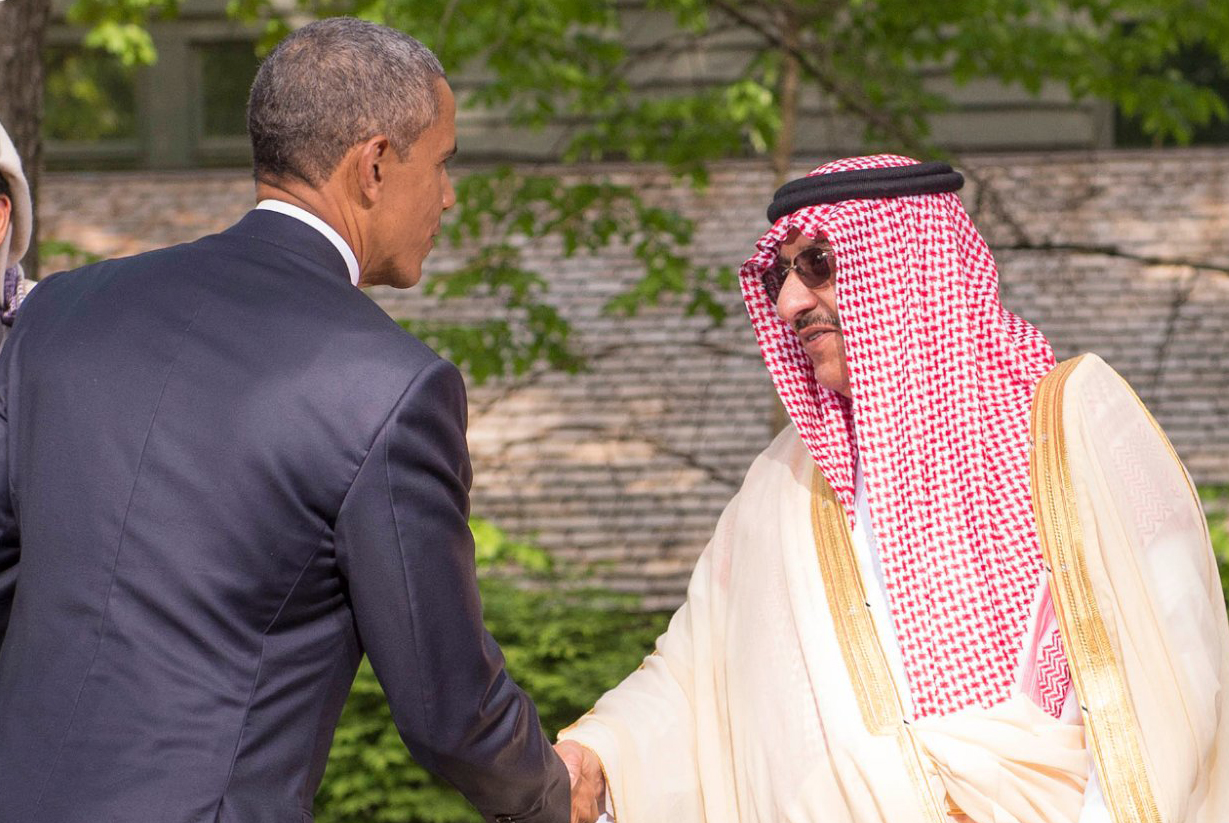
The President privately shared with a top aide a “long-standing resentment: He was tired of watching Washington unthinkingly drift toward war in Muslim countries.” The decision to not respond militarily to the chemical attacks in Syria was a source of tremendous frustration in Saudi Arabia.
In response to the longform Atlantic story, Prince Turki al Faisal wrote an op-ed in Arab News saying that Saudi Arabia was not a “free-rider” and that Saudi Arabia had taken on an active foreign policy to lead in places like Yemen and Syria.
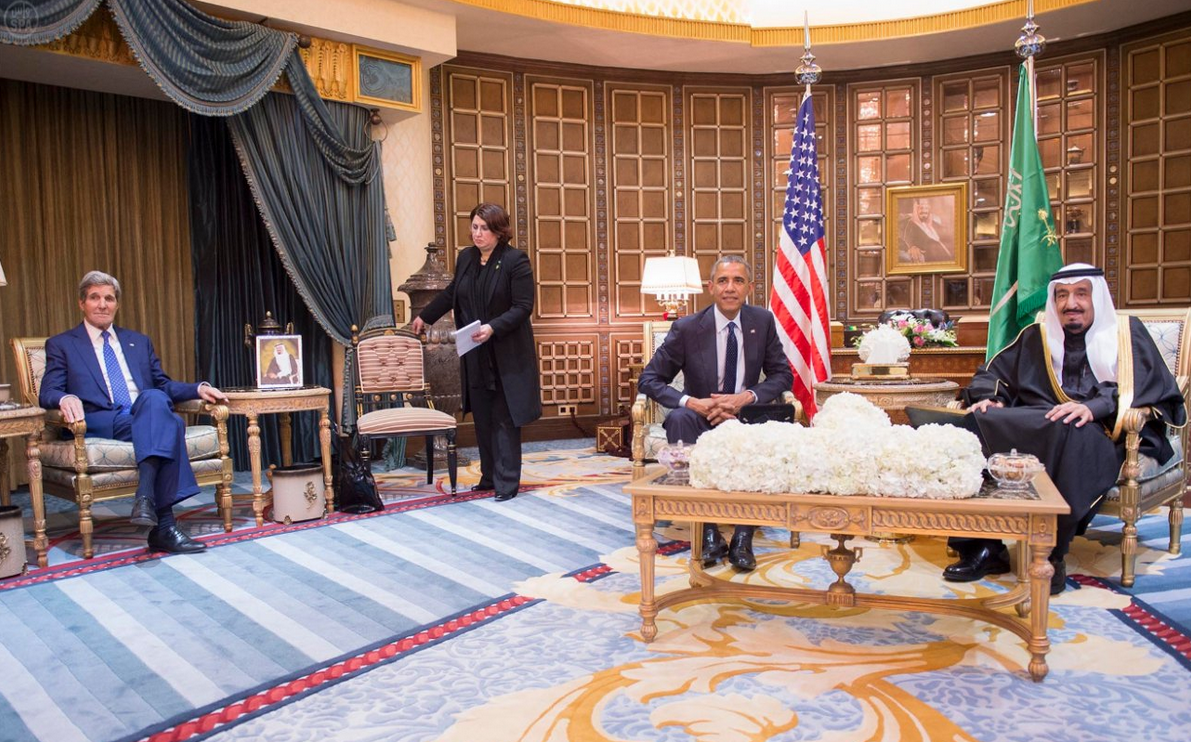
Although President Obama did not call Saudi Arabia directly a “free-rider,” he indicated that Europe and all of America’s Gulf allies had to do more specifically to remove Gaddafi in Libya. The only country that Obama directly calls a free-rider is perhaps America’s strongest ally, Great Britain.
But Prince Turki’s response captures Saudi frustrations with a post-Iraq War America. The US public remains averse to costly, adventurous wars, especially in the Middle East. The wars in Afghanistan and Iraq cost the U.S. as much as $4 trillion to $6 trillion. Despite this Iraq is still a hotbed of conflict and home to ISIS and the Taliban is resurgent in Afghanistan.
On Syria, the U.S. and Saudi Arabia are still actively engaged and in lock-step in Syria in two key ways.
First, the C.I.A. and its Saudi counterpart have an active arrangement for equipping and training Syrian rebels, where the Saudis “contribute both weapons and large sums of money, and the C.I.A takes the lead in training the rebels on AK-47 assault rifles and tank-destroying missiles,” according to a New York Times report.
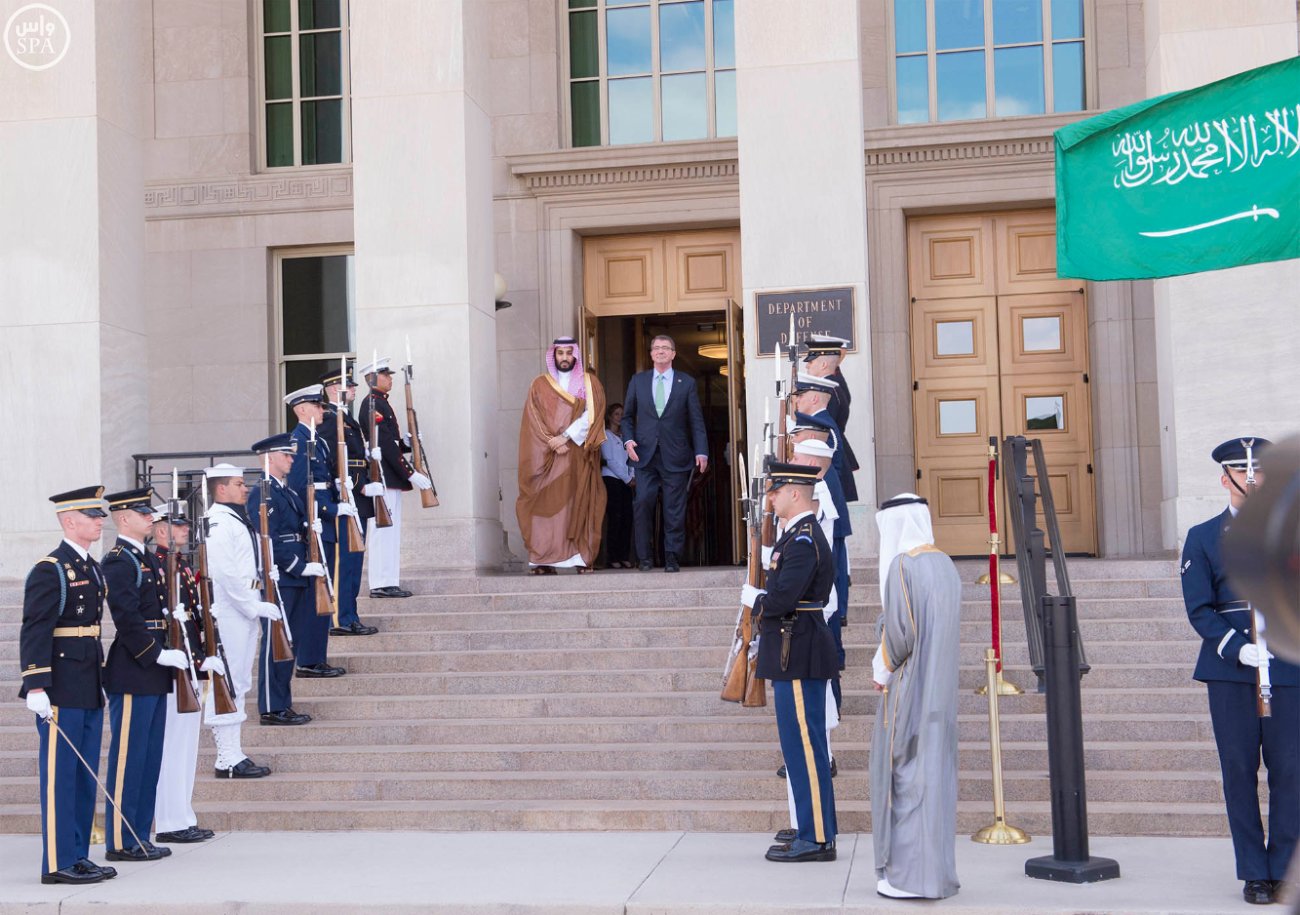
“The support for the Syrian rebels is only the latest chapter in the decades long relationship between the spy services of Saudi Arabia and the United States, an alliance that has endured through the Iran-contra scandal, support for the mujahedeen against the Soviets in Afghanistan and proxy fights in Africa. Sometimes, as in Syria, the two countries have worked in concert. In others, Saudi Arabia has simply written checks underwriting American covert activities,” according to the New York Times.
Secondly, on the diplomatic front, Secretary of State John Kerry and Minister of Foreign Affairs Adel Al-Jubeir enjoy a warm relationship and several decades of built-up personal trust. At press conferences, the two often emphasize the importance of one another as an ally, particularly on the Syria challenge.
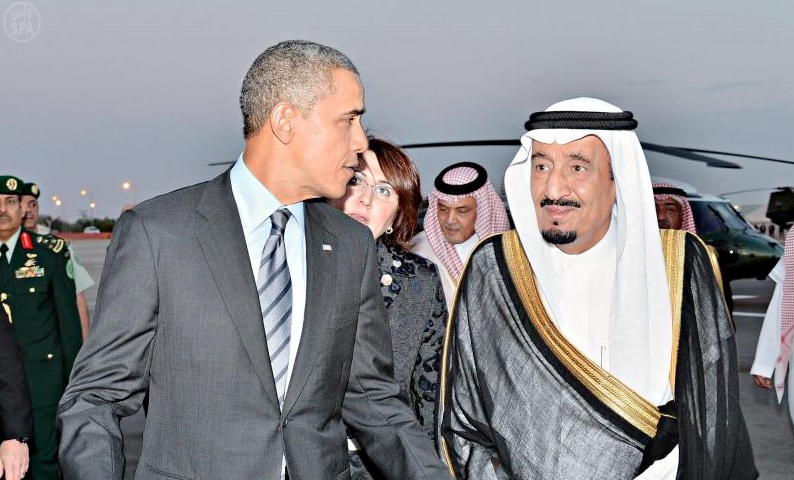
The U.S. is also providing support for the Saudi-led coalition in Yemen despite reservations within the Obama administration. Last week, Secretary Kerry visited site of a military exercise in the Saudi desert last week involving over 20 allied nations.
Despite substantial disagreements and occasional public sniping, Saudi Arabia and the United States continue to have significant shared interests. And, although U.S.-Iranian relations are thawing in the wake of the Iranian nuclear deal, they are not, and will likely not for decades if ever, reach the same level of cooperation as the U.S.-Saudi relationship. That is in part because of a long, shared history of friendship between the two allies since World War II, and mutual entrenched economic interests, as well as shared geopolitical and security interests.







